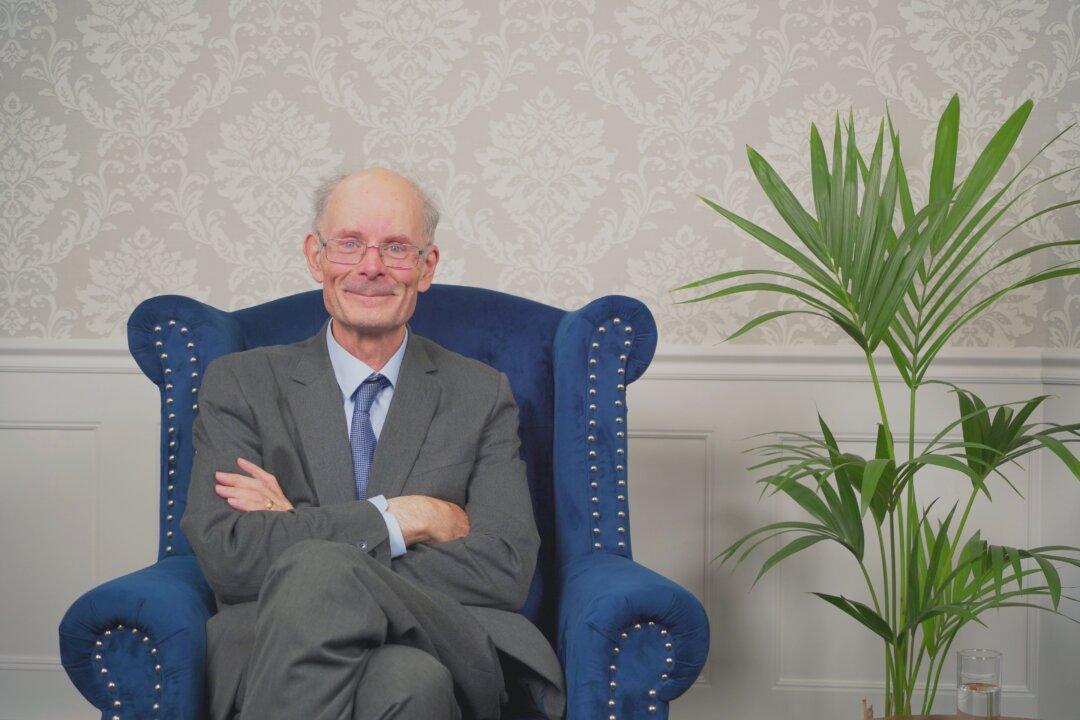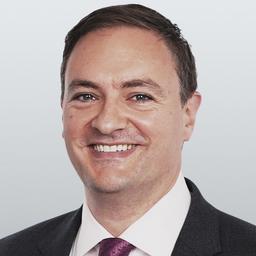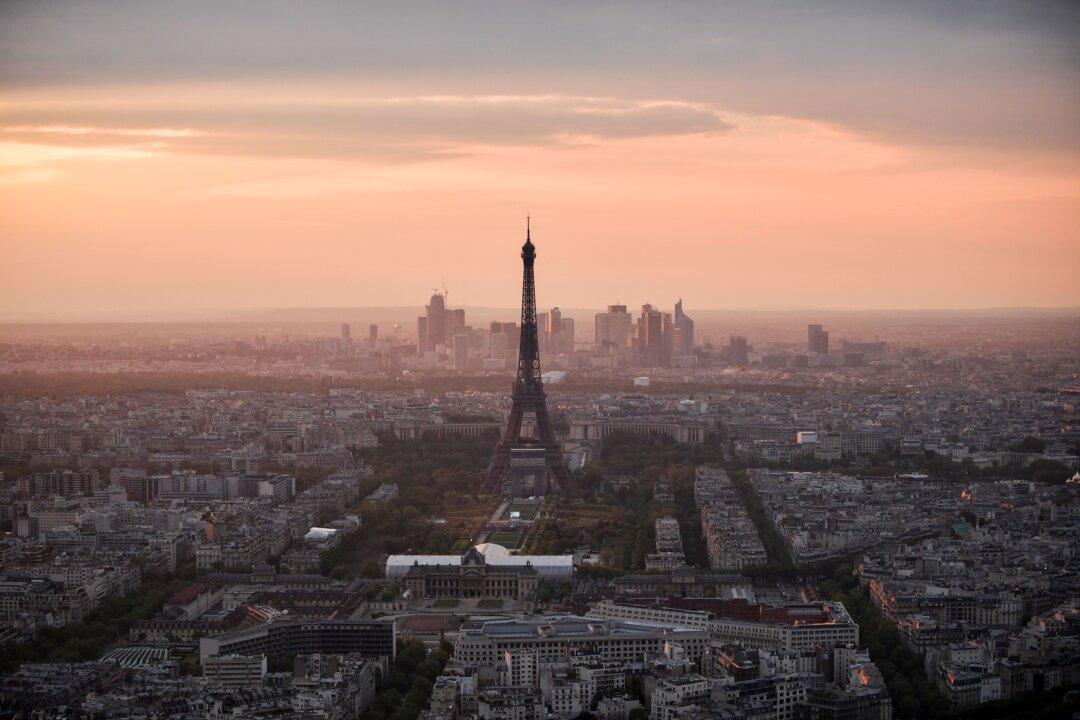Despite widespread support for reaching the target of net zero, self-identified Conservative and Labour voters disagree on how to achieve it and especially about taxation and bans, said one of Britain’s most respected polling analysts, Sir John Curtice.
Speaking to NTD’s “British Thought Leaders” programme, Sir John said polling data suggested 75 percent of people in the UK are concerned about climate change and there is “widespread support for the target of achieving net zero.”






